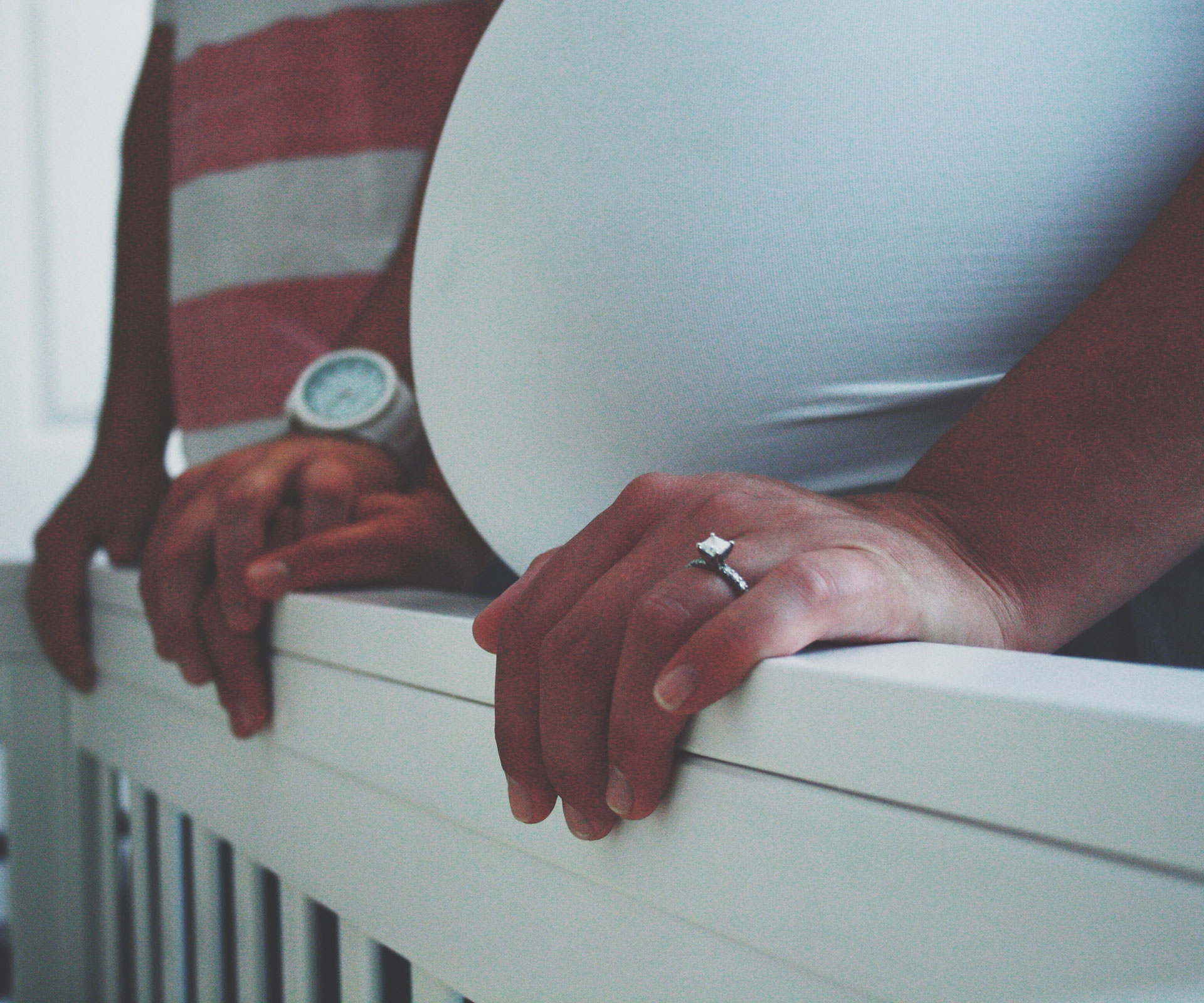Most women dream of beginning a family with the perfect partner, but sometimes Mister Right, or The Perfect Partner whatever the persuasion may be, is elusive.
Sadly, the biological clock waits for no (wo)man. If there is a gentle ticking in your life, should you continue waiting in hope that if and when they come along you will still be able to conceive?
Natalie Cooley, now 40, began looking at her options at 35 years old because she did not want waiting for a partner to affect her dream for a child.
“I’ve been single a long time. I was dating but I didn’t meet that special someone. It’s not that I don’t want a man, or I wasn’t waiting for him, I just worried that I was running out of time,” says Natalie.
“At 35, I decided to freeze my eggs and wait for Mister Right, but after a few months I wondered why I was waiting because even if I did find Mister Right, there was no guarantees it would work out and it would just delay me again with my age and put me back with a baby.”
Natalie’s family was 100% supportive of her going it alone, and they were with her throughout the journey. Natalie also found that men she dated during the five years it took were also supportive and willing to stick around, but none of them were the special man she was seeking.
“I had 10 rounds of IVF, and eventually after five years of trying, I have a three week old daughter,” she says.
“I did every possible thing to have her. She was planned and wanted and loved. I have no regrets, although I wish I started sooner. When you think you are ready doesn’t necessarily mean it will happen.”

Celeste Ferraris waited for her partner of nine years to be ready to begin a family but when it became apparent that day was not imminent, they separated.
“It ended when I finally realised it wasn’t going to happen in the timeframe I needed it to, I was 38. I decided then to look into my fertility options – either freezing eggs or perhaps going it alone,” Celeste tells.
A fertility diagnosis revealed a low egg count, which made Celeste reconsider undergoing the procedure.
“At the age of 38, even though I had little chance of falling pregnant due to the low egg reserve, after considering IVF alone, I actually decided that I didn’t want to have children on my own.
“When I decided to try IVF at the age of 41 after I had naturally fallen pregnant but miscarried, I felt very differently. I had moved through that break up, grown as a person, found inner strength and confidence that I could manage on my own.”
Unfortunately, after 15 months and three cycles, Celeste was unsuccessful in her dream for a child, leaving her wondering if beginning sooner would have had a different outcome.

For some mums, the concern is that it may not be the best outcome for a child to be born without a father present but research shows that children born to single mums with no father present are as well-adjusted as other kids.
The study conducted by the Centre for Family Research at the University of Cambridge, UK, evaluated 51 solo mothers with children from donors and 52 two-parent families. They also took into consideration things like education and demographic factors.
Although there was a reported higher level of financial and parenting stress with the solo mothers, the children showed no significant difference between the two circumstances.
“Between the ages of four and nine, donor-conceived children in solo mother families generally seem to be doing well,” reported Dr Sophie Zadeh in the study.
“However, we don’t yet know how these children will fare over time, or what they will think and feel about being donor-conceived and/or growing up without a father in the home as they grow older.
“In general, our findings seem to suggest that what matters most for children’s outcomes in solo mother families is not the absence of a father, nor donor conception, but the quality of parenting, and positive parent-child relationships.
“These findings therefore echo much of what we already know about the determinants of children’s psychological adjustment in other family types.”
If you’re waiting for the right partner to begin your family, and they don’t turn up you have three options, suggests fertility specialist, Dr David Knight from Demeter Fertility.
“You can decide not to have kids, you can go ahead and use donor sperm and have a baby by yourself or you can freeze your eggs,” he says.
“It’s a very individual and personal choice.”
“The earlier people freeze eggs the likelier they are to work. However, if you do it too early chances are you may meet someone and you will never need to use the eggs. You do it too late, and the quality of the eggs may they may not work anyway,” tells Dr Knight.
“The sweet spot seems to be about 36 or 37 years old. It seems about the time where you get best value for money regarding use,” he says.
“The bottom line is it depends how much people are prepared to pay for reproductive insurance.”
The process of retrieving eggs costs the same as IVF. Then you pay monthly, or annually to freeze them but this process still comes with no assurance of a perfect partner coming along.
Australia currently has the second highest number, after Italy, of women choosing not to have children so if that’s the path you choose to take, you are certainly no longer an anomaly.
But if a child is your deepest desire, know that the choice right for you, will also be the choice right for a child.





